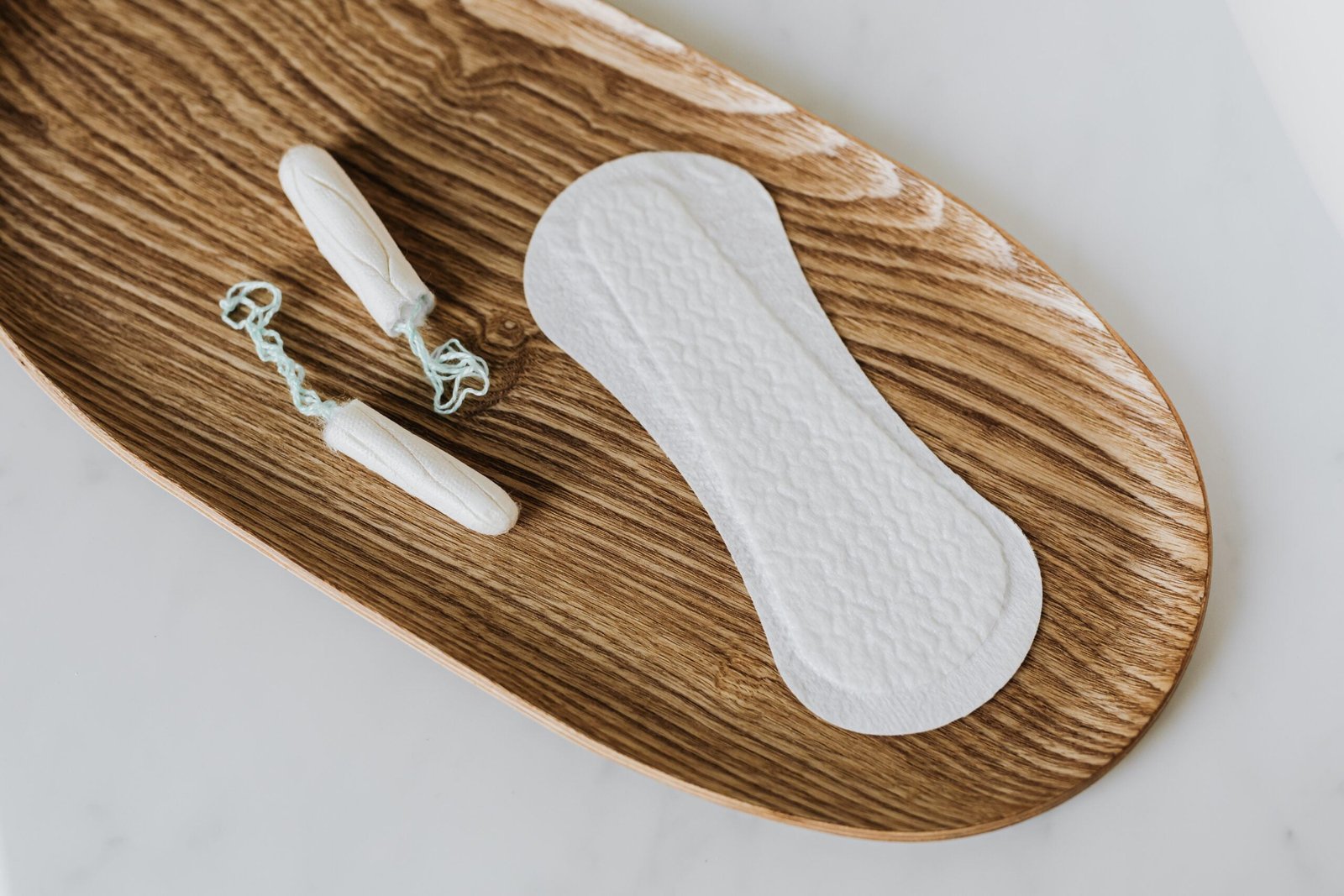You are not the only one going through your period starting, stopping, and then starting again. According to a trusted source from the National Institutes of Health, somewhere between 14 and 25 percent of women experience irregular menstrual cycles.

Irregular menstrual cycles may be:
- shorter or longer than normal
- heavier or lighter than normal
- experienced with other problems
Why does my period come and go?
During her period, the average woman loses roughly two to three tablespoons of blood. This loss occurs every month. The blood that is shed during menstruation is composed of blood and tissue that comes from the endometrial lining that lines the inside of the uterus. It leaves the body via the vagina after traveling from the uterus to the cervix and then to the vagina again.
It is not always the case that the endometrial lining will separate from the uterus at a consistent rate. Because of this, you could find that some days are easier than others.
In the event that some tissue momentarily obstructs the flow out of the cervix, it is possible that this will result in a lighter flow, which will then be followed by a heavier flow once the tissue has passed. This may also cause the pattern of starting, stopping, and then starting again.
If your period lasts between three and seven days, it is considered typical for there to be some variance in the flow from day to day.
Are hormones to blame
During the time of your period, your estrogen and progesterone levels are at their lowest levels.
During the first four or five days, your pituitary gland will produce a higher amount of follicle-stimulating hormone (FSH), and your ovaries will begin to produce a higher amount of estrogen.
When you are between days 5 and 7, your body will normally reach its peak level of estrogen, your pituitary gland will release a surge of luteinizing hormone (LH), and your progesterone levels will begin to rise.
The emergence of a stop-and-start pattern may be caused by a change in the levels of certain hormones.
Other possible causes
Although hormone levels play a major role in your cycle, other factors that can affect your period include:
- too much stress
- major weight loss
- too much exercise
- pelvic inflammatory disease (PID)
- pregnancy
- breastfeeding
Could the start-stop-restart flow be a problem?
Problems with the flow or regularity of one’s period could be caused by a wide range of health conditions, including the following:
- Fibroids are abnormal growths that can occur in or on the uterus. They are considered to be benign.
- Endometriosis is a condition that arises when tissue similar to the endometrium grows outside of the uterus.
- PCOS, or polycystic ovarian syndrome, is a condition that manifests itself when a woman’s ovaries produce an excessive amount of the male hormone androgen (male hormones). Ovaries are capable of producing cysts, which are defined as tiny sacs filled with fluid.
When you should visit your physician.
If any of the following apply, you should see a physician:
- You are experiencing bleeding that is abnormally heavy (needing more than one tampon or pad every hour for a few hours).
- You are experiencing a period that is longer than seven days.
- You have not been pregnant despite the absence of periods for more than three months.
- You experience bleeding or spotting from the vaginal tract between periods or after menopause.
- After you have had cycles that are consistent for a while, you may notice that your periods become quite erratic.
- You may feel sick to your stomach, throw up, or suffer intense pain while you are having your period.
- You have a period less frequently than 21 days or more frequently than 35 days after the previous one.
- You experience strange vaginal discharge.
- You have toxic shock syndrome symptoms, which include a fever higher than 102 degrees Fahrenheit, dizziness, and diarrhea.
KeyPoints
When a woman gets her period, she may experience it in a variety of ways. Reasonable day-to-day changes in flow are considered to be normal as long as your period lasts between three and seven days on average. In general.
It is crucial to be consistent in the manner that you experience your period, even though other women’s periods could be different from your own. Talk to your healthcare provider about these changes if you notice any significant shifts in the pattern of your periods, including if you have any that start, stop, and then start again.
Make an appointment with your primary care provider as soon as possible if you suffer any major changes, such as the signs of toxic shock syndrome, unusually heavy bleeding, or a period that lasts for more than seven days.

